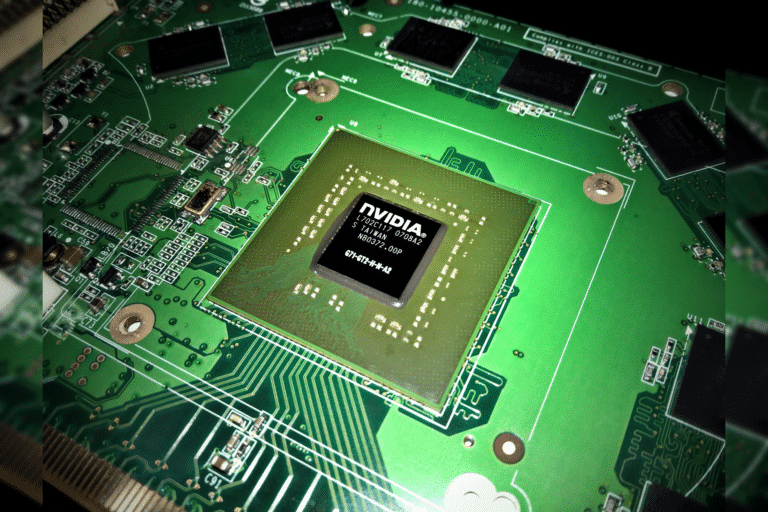The sanctions imposed by the United States Government on China have significantly impacted the business of major tech companies such as ASML, Intel, AMD, and NVIDIA. The demand for graphics processing units (GPUs) for artificial intelligence (AI) is so high that NVIDIA continues to grow at an overwhelming pace. However, this company cannot sell many of its GPUs to its Chinese customers. Additionally, the sanctions not only affect their business in China but also restrict sales in other regions of the world.
The US Administration has suspected for months that some Chinese companies and research institutes obtain the AI chips they need through the Middle East. These sanctions consider this possibility and therefore limit the commercial operations of NVIDIA and other American companies in this region. Despite this, the company led by Jensen Huang has achieved an important agreement.
NVIDIA Deploys AI Hardware in Ooredoo
NVIDIA has signed an agreement to deploy its AI hardware in the data centers of the Qatari telecommunications group Ooredoo in six countries, some of them in the Middle East. This information has been confirmed by Aziz Aluthman Fakhroo, the general director of Ooredoo, making it completely reliable. This is NVIDIA's first project in a region affected by US Government sanctions.
The six countries where Ooredoo will deploy NVIDIA's AI infrastructure are Qatar, Algeria, Tunisia, Oman, Kuwait, and the Maldives. Presumably, the most problematic due to their potential complicity with the Chinese Government are Qatar, Oman, and Kuwait. However, Ronnie Vasishta, vice president of NVIDIA, assures that the purpose of the infrastructure is to enable Ooredoo's customers to work with generative AI applications.
Challenges and Expectations
There is still uncertainty about the specific hardware that NVIDIA will install in the new data centers. Although it is reasonable to assume that it will be the most advanced GPUs available in NVIDIA's current portfolio, US Government sanctions prevent the sale of its most powerful AI chips in the Middle East. It is unclear if the US Administration has made an exception for Ooredoo.
If NVIDIA manages to obtain the necessary export license to fulfill its agreement with Ooredoo, the company will have to ensure that all its GPUs reach Ooredoo's data centers. Additionally, Ooredoo will need to ensure that Chinese companies do not have access to its cloud AI services. This NVIDIA project is sure to attract significant attention in the coming months due to its technological and geopolitical implications.





